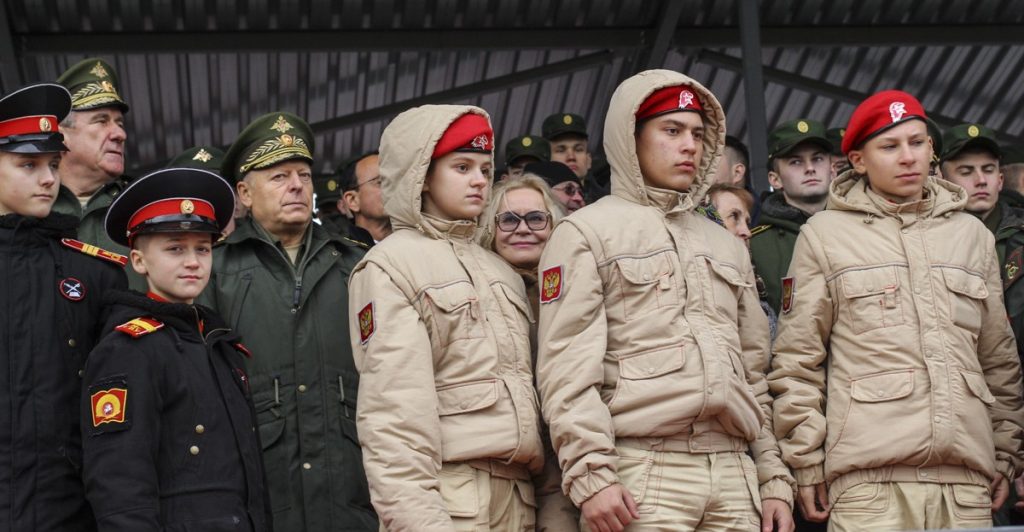New report links Russian Red Cross to armed units in Ukraine.
Others are reading now
A multinational investigation has uncovered evidence that the Russian Red Cross (RRC) is entwined with Kremlin-approved military training for children and expanding its presence into occupied Ukrainian territories.
Despite repeated warnings, the RRC continues to receive substantial funding from international Red Cross bodies.
Reporters say the findings reveal a sustained drift away from neutrality at a moment of heightened geopolitical tension.
Militarised activities
Follow the Money (FTM), working with Paper Trail Media, DER STANDARD, Delfi, Expressen and Meduza, documented the RRC’s involvement in “Zarnitsa 2.0,” a countrywide programme where children as young as eight take part in drills such as crawling through trenches, assembling weapons and operating drones.
Several regional RRC branches appeared among the organisers, a clear contradiction of Red Cross rules forbidding engagement in military activity.
Also read
The investigation also found that the RRC collaborates with the Kremlin-backed youth network “Movement of the First,” whose supervisory board is chaired by Vladimir Putin.
Financial records show that in 2024 the RRC received €6.5 million from the ICRC and €7 million from the IFRC, making up around a quarter of its annual budget.
Expansion into occupied areas
At the same time, the Kremlin delivered at least €7.7 million to support the RRC, including funds designated for building new structures in occupied Donetsk, Luhansk and Zaporizhzhia. International rules stipulate that only the Ukrainian Red Cross or the ICRC may operate there.
Public posts examined by investigators show RRC-labelled staff working alongside armed groups such as SOBR Vostok-Donetsk.
Children in occupied regions have been evaluated by men introduced as fighters, while partner groups openly state they operate “with the full support and cooperation” of the RRC.
Also read
Limited accountability
Despite these concerns, international Red Cross institutions have taken no disciplinary steps.
The IFRC created an “Oversight Group” that decided no punishment was necessary, leaving RRC President Pavel Savchuk on its governing board.
Between 2022 and 2024, both the ICRC and IFRC more than doubled their funding to the Russian branch.
European officials say EU money is “firewalled,” though only Belgium, Czechia, Austria, Slovenia and Denmark could confirm that none of their contributions reached the RRC. Ukrainian Ombudsman Dmytro Lubinets called the group’s actions “a gross violation of Red Cross principles,” arguing it now functions as an arm of the Russian state.
Experts say suspension or sanctions remain possible, but for now the RRC continues running events across Russia and in occupied territories under the banner of humanitarian work.
Also read
Sources: Follow the Money, Paper Trail Media, DER STANDARD, Delfi, Expressen, Meduza


